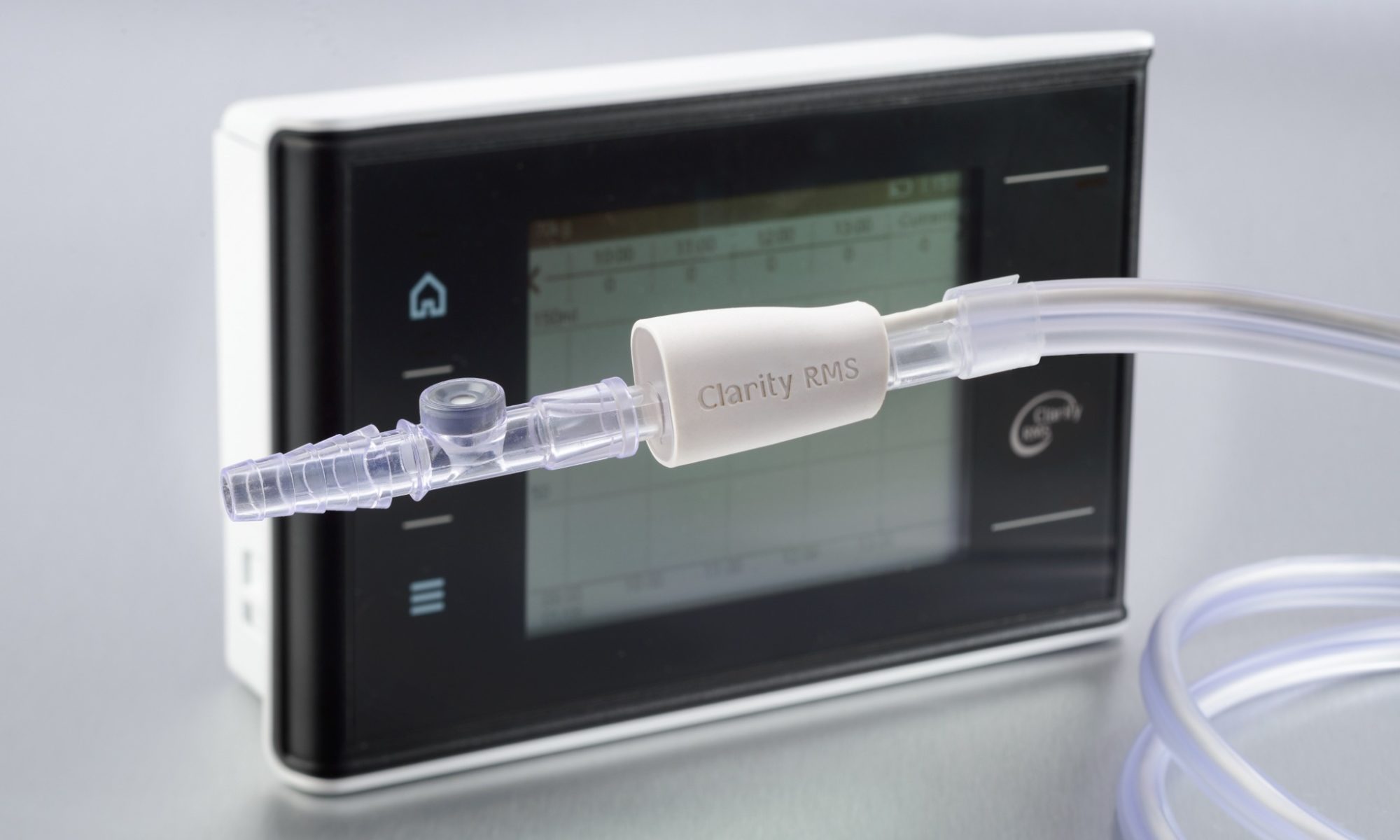The urgent need to detect and manage the early symptoms of acute kidney injury in critical patients

Medline, RenalSense partner to offer automated, continuous urine output monitoring
By Medline Newsroom Staff | July 12, 2021
Oliguria, or low urine output, is common in postoperative and critical patients and often the first sign of acute kidney injury (AKI) or acute renal failure (ARF). Kidney infection and injuries in hospitalized patients are linked to longer hospital stays, higher readmission rates and an increased risk for mortality and morbidity, according to research.
“There is an urgent need to detect and manage the early symptoms of kidney injury,” said Mary Pat Eble, MSN, RN, national clinical product specialist, Urology Division. “And yet in many hospitals, urine output is the only essential critical care patient vital sign that is not continuously monitored and electronically tracked and displayed in real time, at the same time each hour, allowing for appropriate patient intervention.”
Medline recently partnered with RenalSense to sell the Clarity RMS™ automated urine output monitoring system. Clarity RMS™ continuously measures patient urine flow, automatically transmitting accurate data to medical staff and all types of hospital information systems.
The product is battery operated and easy to use. Clarity RMS™ has an Intelligent Alarm System that notifies clinicians when a decrease in urine flow indicates an elevated risk for AKI. The alarm system has been shown to detect 31.4% more AKI cases, 1 and on average, 25 hours earlier2 than manual measurements.1 The system also improves bedside workflow for nurses and clinicians and aids outcome-based initiatives, especially those related to kidney care.
The automated system complements Medline’s Foley catheter insertion trays. These nurse-designed trays have standardized catheter insertion best practices, promoting an aseptic insertion technique contributing to a reduction in Catheter Associated Urinary Tract Infections (CAUTIs).
“The real-time, accurate information provided by Clarity RMS™ facilitates rapid intervention, assessment of treatment efficacy, and assists in fluid balance management,” said Eble. “Medline’s Foley catheter insertion trays and Clarity RMS™ provided standardized, aseptic catheter insertion, along with real-time urine output monitoring, to decrease and prevent patient infections, and to quickly identify kidney injury or failure, improving overall care.”
“This partnership provides RenalSense with access to Medline’s strong customer base, as well as the ability to integrate our novel sensor-based technology into Medline’s patented single-layer catheter trays,” said Avi Kleiman, CEO of RenalSense. “The addition of RenalSense’s technology furthers Medline’s history of offering significant value to our customers and their patients.”
Learn more about Medline’s acute care products.
Medline Newsroom Staff
Medline Newsroom Staff
Medline's newsroom staff researches and reports on the latest news and trends in healthcare.
